Science has spoken – rock climbing is great for mental health
A look at emerging research into how rock climbing benefits mental health, and some proposals as to why it’s so effective
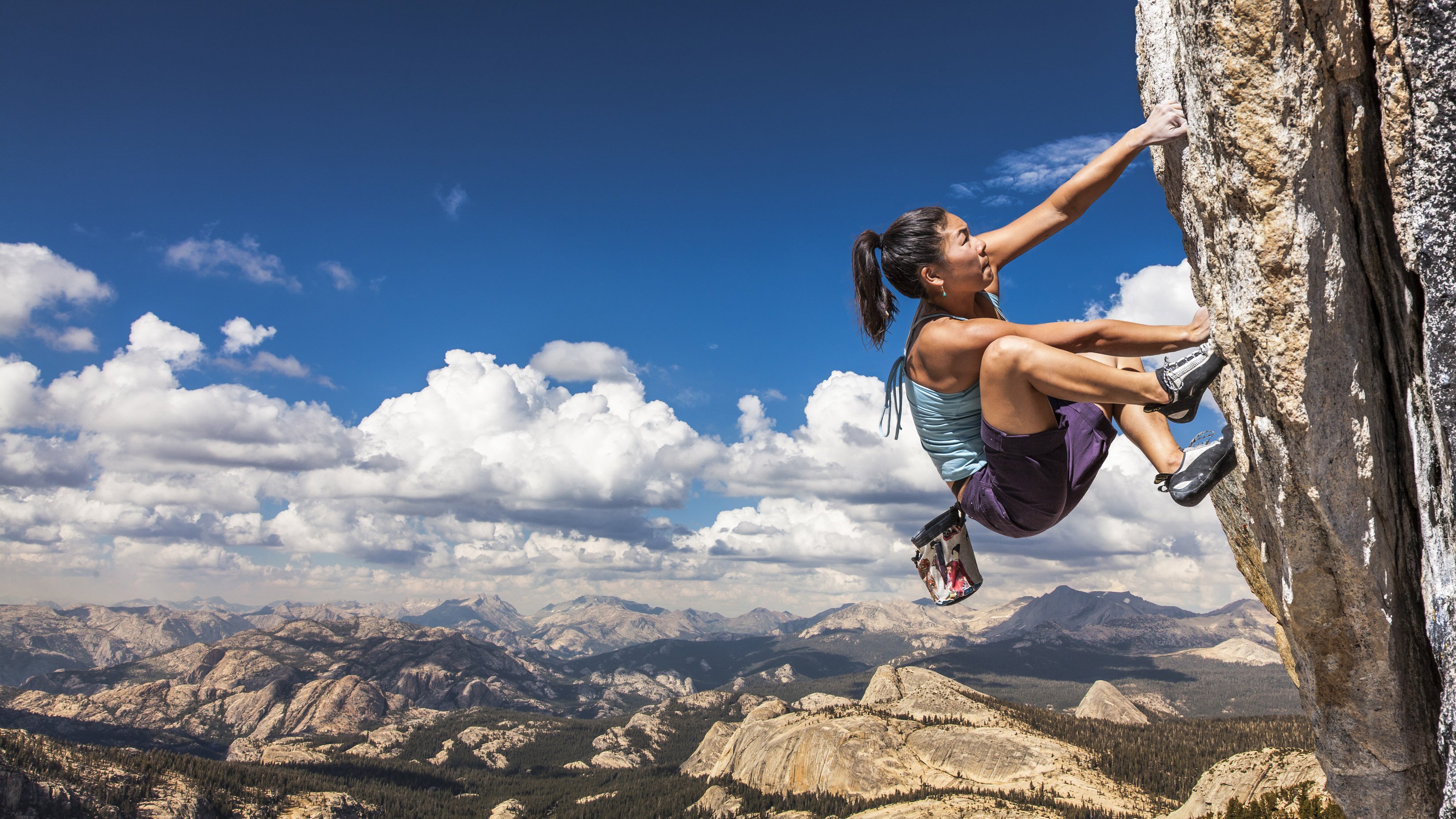
When British climber Grace Shephard started climbing aged 24 after battling illness as a teenager, she found that she didn't just get physically stronger – she gained mental robustness too.
“A huge part of climbing is psychological, and the mental training skills I’ve developed through climbing have translated into everyday life, which has helped me mentally," Shephard shared.
"I used to suffer from a lot of panic attacks from trauma, but learning to slow down my breath, mind, and having to focus on every single move definitely helped me with that.”
Her experience isn’t uncommon around climbing circles. It’s been documented in detail in books like Climbing the Walls by Advnture writer Kieran Cunningham. If you’ve ever been rock climbing, be it bouldering indoors or trad climbing at the crag, you’ve probably experienced a state of unparalleled clarity and even euphoria yourself after a long stretch on the wall.
It’s not just the endorphins of the grueling physical workout, although that’s an appealing part of it all, nor is it merely the adrenaline rush that comes with defying gravity. There’s something extra special about rock climbing that seems to have therapeutic powers when it comes to mental health. So much so that even the NHS references it as potentially alleviating mental health problems.
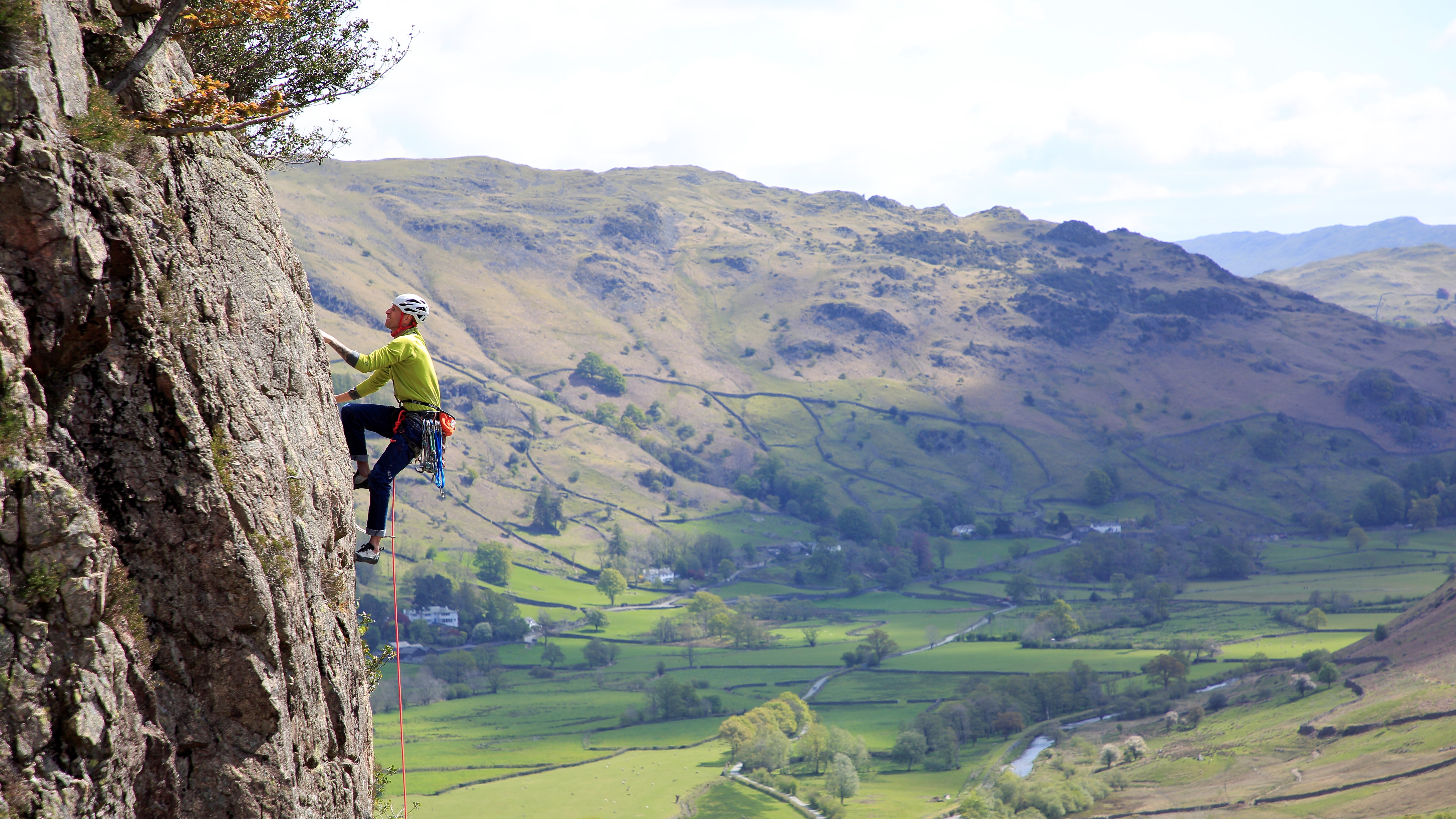
But is it all in our heads? Not according to a three-month study presented at the 2019 International Conference on Cognitive Social - Behavioral Sciences, which found that climbing really can positively influence psychological states and feelings. According to their findings, there really does seem to be a link between the adventures you have in your climbing shoes, and mental wellness.
They’re not the only ones to come to this conclusion. In a randomized controlled 2021 trial performed in Germany on 156 subjects, researchers concluded that bouldering, where you where you climb rock formations that are smaller and closer to the ground without ropes, is as effective as group Cognitive Behavioral Therapy for treatment of depression, with its effects lasting until at least 12 months post-treatment. In fact, it’s believed to be so effective that a discipline known as Bouldering Psychotherapy has been conceived, which combines the discipline with psychotherapy techniques.
Advnture Newsletter
All the latest inspiration, tips and guides to help you plan your next Advnture!
"For me, suffering from anorexia and trauma, the ‘overcoming obstacles’ aspect of climbing has been so vital for building up my self-esteem and confidence. When I started topping routes at the boulder gym, I felt such a sense of achievement in my own ability that it spurred me on to continue persevering at different, harder climbs," explains Shephard who says that while climbing isn't a replacement for therapy, it gave her a "reason to eat" and improved her relationship with her body.
Multiple studies have concluded that the various types of climbing – sport, trad, bouldering, crack climbing – can all be effective in managing symptoms of mental illness, such as depression, anxiety and stress. There seems to be no question that what climbers have known for a long time isn’t just a placebo effect; the only question that remains is why.
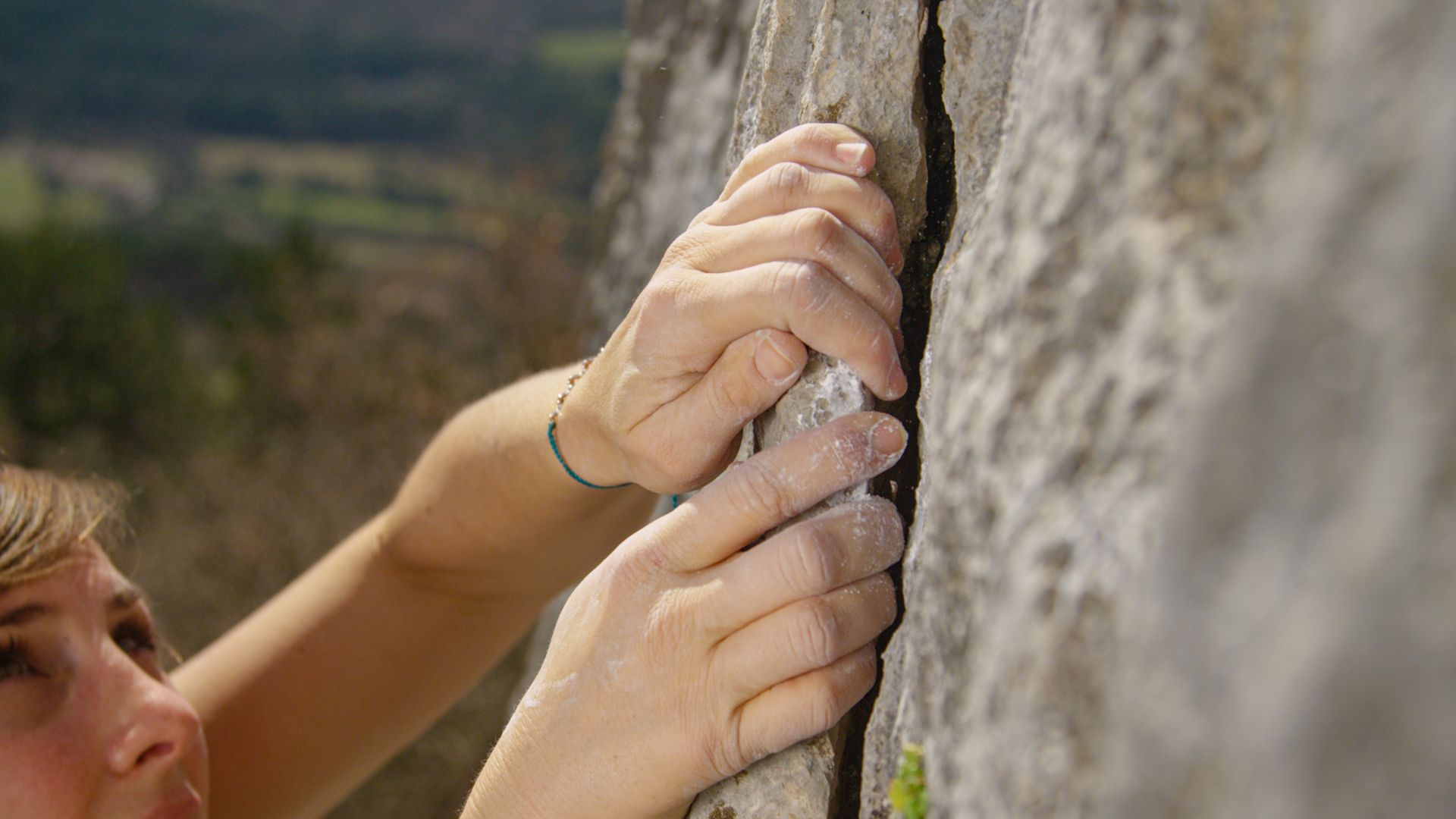
Why is rock climbing so good for mental health?
Why climbing seems to be so distinctly effective for improving mental health isn’t totally understood, but there are three components to any type of climbing that stand out as possible scientific explanations:
1. It’s physical
Physical activity is closely aligned with mental wellbeing. We’ve known that for a long time, and multiple studies during and following the pandemic reinforced it, revealing that engaging in higher levels of physical activity is associated with improved wellbeing and lower depressive symptoms, anxiety, and stress, all independently of age.
"The stronger I got, the more climbs I could do, and the more empowered I felt. This has had a direct correlation in my recovery from anorexia and trauma," recalls Shephard of her early climbing days
And while you can definitely get these benefits by hiking, running and swimming, few activities are as physical as rock climbing, where you use your whole body, move in many different directions and bring most of your body into contact with the rock, compared to, say hiking, where only your feet touch the ground. Could it be that the tactile nature of climbing elevates the mental health benefits?
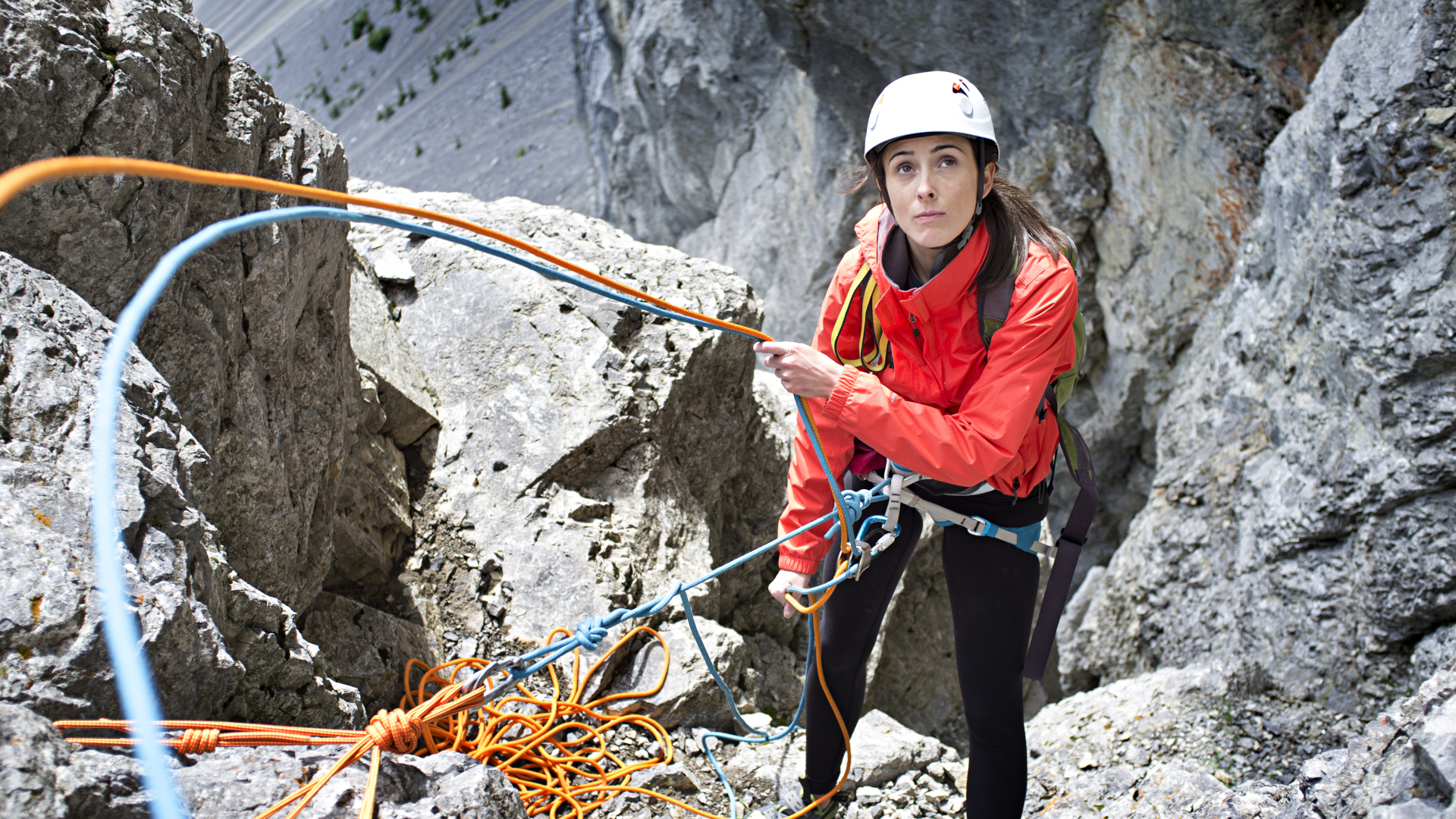
2. It requires deep focus
Climbing also requires an incredible degree of concentration as compared to a lot of other activities, not totally unlike what you might implement in certain meditation practices.
"You really have to focus on what you are doing – there is no space left to be thinking about other things, so it can be an amazing way to get out of your own head for a while," muses Shephard.
Sure, if you’re too busy looking at the views when you’re hiking or trail running, you can easily trip or sprain your ankle, but you can get away with taking your eye off the ball a lot of the time. In fact, when it comes to hiking you can probably walk for miles lost in thought.
But try doing that on the bouldering wall and it’s an express route to the crash pad below. If you go climbing for a couple of hours three times a week, that’s a good chunk of time spent in deep concentration, which is often indicated in reducing stress and improving mental health. For Shephard, these benefits don't end when she takes her climbing shoes off either.
"The high after achieving a goal and that feeling of overcoming builds mental resilience that translates to everyday life."
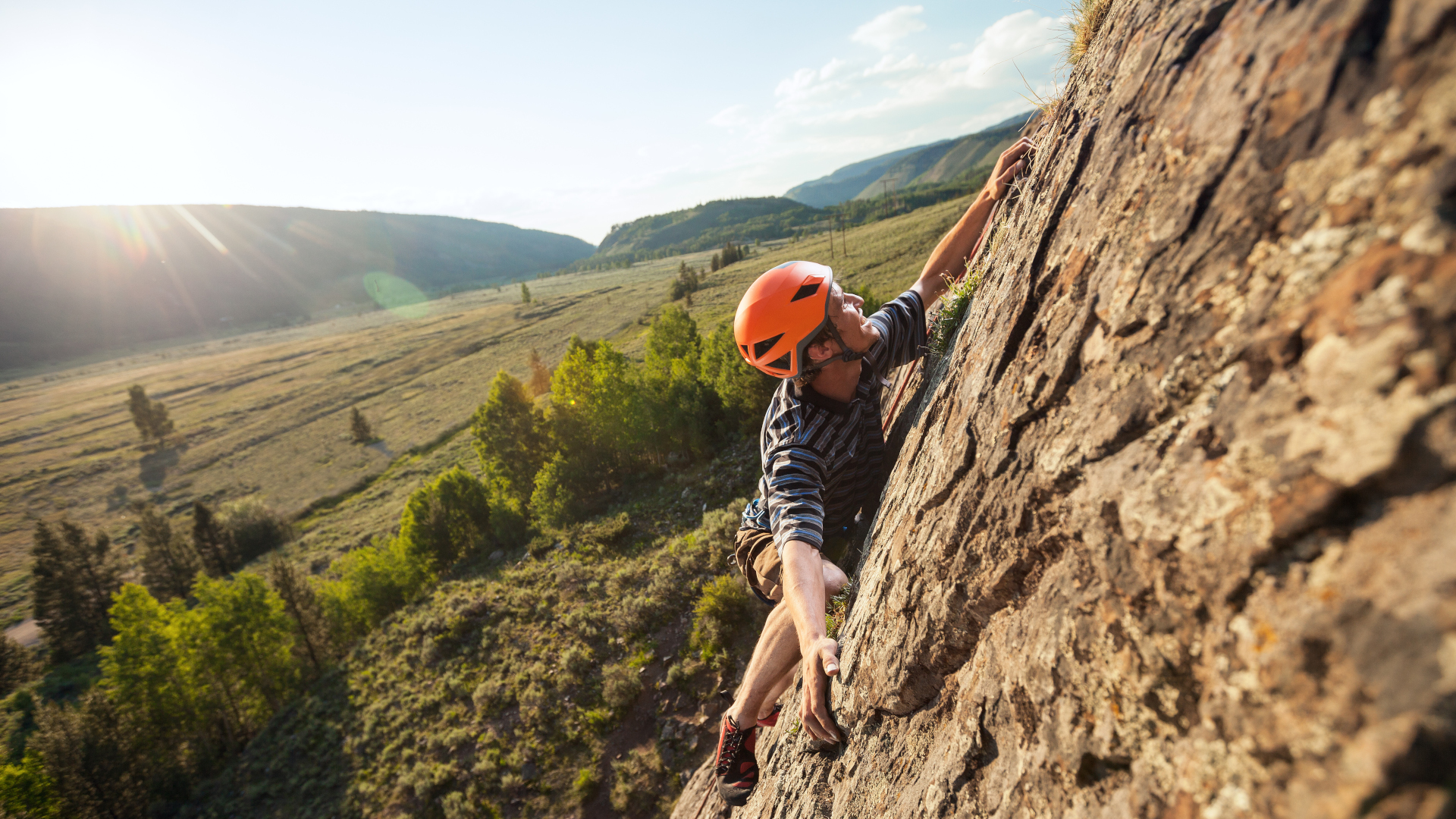
3. It’s a mindfulness technique
Mindfulness is a meditative technique that has its roots in Buddhism, where you’re invited to maintain awareness of your thoughts, sensations and feelings, essentially accepting them as they are without judging them or giving rise to emotional reactions. A 2023 study in Current Psychology examined 59 young adults and found that those who took part in indoor rock climbing increased the measure of mindfulness significantly more than the group who performed other physical activity.
It’s not the case that other activities such as hiking and trail running can’t also help you develop mindfulness, but perhaps the physical nature of rock climbing combined with the very immediate and potentially dire consequences of getting frustrated by the rock or distracted by your thoughts makes you imminently more aware of what’s happening moment-to-moment. As Graham describes it, there’s a certain separation of the climber and their thoughts that needs to happen in order to be successful and this is at the root of mindfulness practices.
Probably the most extreme example of this is Alex Honnold accepting the extremely realistic possibility that he will die trying to free solo El Capitan. He’s about as matter-of-fact as you can be when faced with the kind of truth that would reduce most mere mortals to a sniveling wreck.
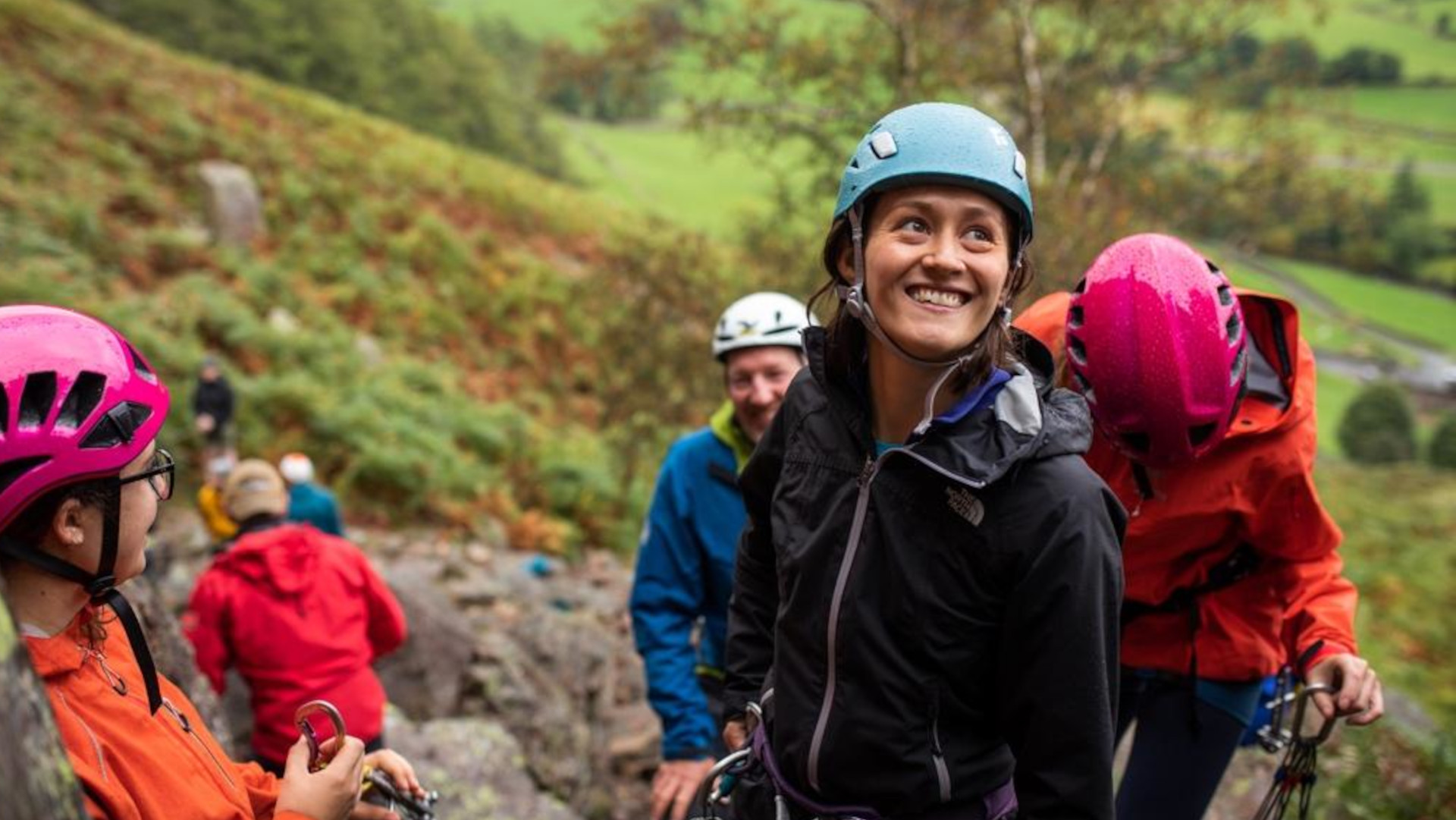
So we don’t have all the answers, but we do have some pretty solid explanations for why, whenever you’re at the climbing wall, you’re probably doing your mind a huge favor as well as your body.
Though Shephard has become a huge advocate for rock climbing for mental health, she warns aspiring climbers not to get caught up in comparing their climbing skills to other people, which she says can be a "joy killer," and for anyone struggling with an eating disorder to steer clear of what she calls the "toxic diet talk" within the climbing community.
"Because climbing is a power-to-weight ratio sport, many people have taken this to extremes which is very unhealthy and unsustainable in the long term – becoming lighter to try and climb harder. Strength is harder to build, but it's safer for your body in the long run. Always fuel yourself with the food that you need to feel good."
Julia Clarke is a staff writer for Advnture.com and the author of the book Restorative Yoga for Beginners. She loves to explore mountains on foot, bike, skis and belay and then recover on the the yoga mat. Julia graduated with a degree in journalism in 2004 and spent eight years working as a radio presenter in Kansas City, Vermont, Boston and New York City before discovering the joys of the Rocky Mountains. She then detoured west to Colorado and enjoyed 11 years teaching yoga in Vail before returning to her hometown of Glasgow, Scotland in 2020 to focus on family and writing.

